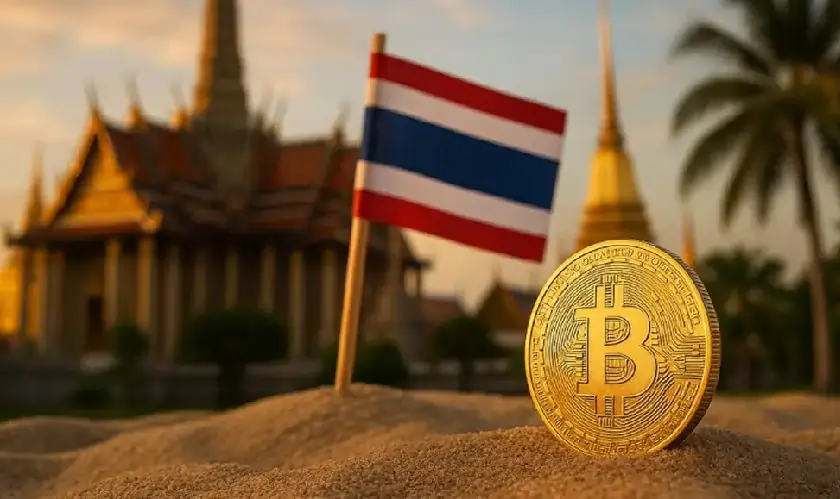Home Industry Crypto and virtual money Thailand Positions Itself as S...
Crypto And Virtual Money

CIO Bulletin
10 September, 2025
According to Thailand’s Ministry of Finance and the Thai SEC, the country is executing a state-level strategy to become Southeast Asia’s dominant crypto hub. It is not just talk. The plan combines targeted tax incentives, controlled payment pilots, and a clear political mandate to attract compliant Web3 capital.
This approach positions Thailand as a high-compliance environment where innovation is systematically integrated into the economy. For global CIOs and fintech leaders, it serves as a test case in how governments can industrialize digital assets without sacrificing financial stability.
The cornerstone of this strategy is fiscal policy. Approved in mid-2025, the package exempts capital gains tax on individual crypto transactions conducted through licensed exchanges until 2029. It also waives value-added tax (VAT) on transfers through regulated operators. Earlier VAT exemptions were set to expire, but their extension signals Thailand’s intent to build a long-term corridor that channels trading volume toward audited domestic venues.
With Thailand welcoming over 30 million international visitors in 2024, even limited adoption in tourist corridors creates a meaningful testing ground. From cross-border remittances and supply chain finance to tokenized real estate, entertainment, and decentralized casinos like Bitcoin-friendly platforms—all these industries signal a rising demand for digital assets beyond speculative trading. Bitcoin casinos, in particular, are growing in popularity thanks to the fast transaction speeds and anonymous gameplay offered.
The message is clear. Thailand will financially reward those who operate within its sanctioned framework, using tax policy as a tool to shape and sanitize its emerging digital asset ecosystem.
Beyond trading, Thailand’s ambitions are aimed at tangible utility. Rather than overturning its 2022 ban on direct crypto payments for merchants (smart move in citing volatility risks), the government has introduced controlled pilots. These allow tourists to use crypto conversion gateways that instantly settle in Thai baht for merchants. Businesses are insulated from price swings, while the country’s massive tourism sector gets a more modern experience.
This progressive stance is not without its guardrails. The approach remains tightly controlled, with strict KYC, AML, and solvency supervision requirements for all licensed operators. The Thai SEC has made it clear. Only regulated exchanges and brokers qualify for tax incentives. Compliance systems are mandatory, ranging from asset segregation to suitability checks.
The government’s philosophy is incremental. Open measured avenues, assess the impact, and then expand. This helps mitigate systemic risk and builds confidence among institutional players. It also reassures traditional banks that remain wary of the sector's volatility.
Thailand’s moves must be viewed within the fierce regional competition for tech dominance. Singapore has tightened retail access under the Monetary Authority of Singapore, introducing strict risk warnings and limiting advertising. Meanwhile, Hong Kong has reopened retail trading under a new VATP licensing regime.
Thailand’s differentiated offer lies in blending regulatory clarity, fiscal incentives, and integration with a real economy centered on tourism and trade. This isn’t just about creating another jurisdiction for token listings. It’s about using favorable tax policy, controlled payments pilots, and institutional-grade supervision to build a sustainable hub for compliant digital asset innovation.
For enterprise leaders evaluating Asia-Pacific expansion, the signals are unambiguous. Thailand is not trying to out-deregulate its neighbors. Instead, it is balancing innovation with financial safety nets.
The government has rolled out a five-year tax holiday on capital gains and extended VAT exemptions. It has also introduced tourist-focused conversion pilots and a compliance-first licensing regime. Step by step, the country is indeed checking all the boxes to position itself as Southeast Asia’s premier regulatory sandbox.







